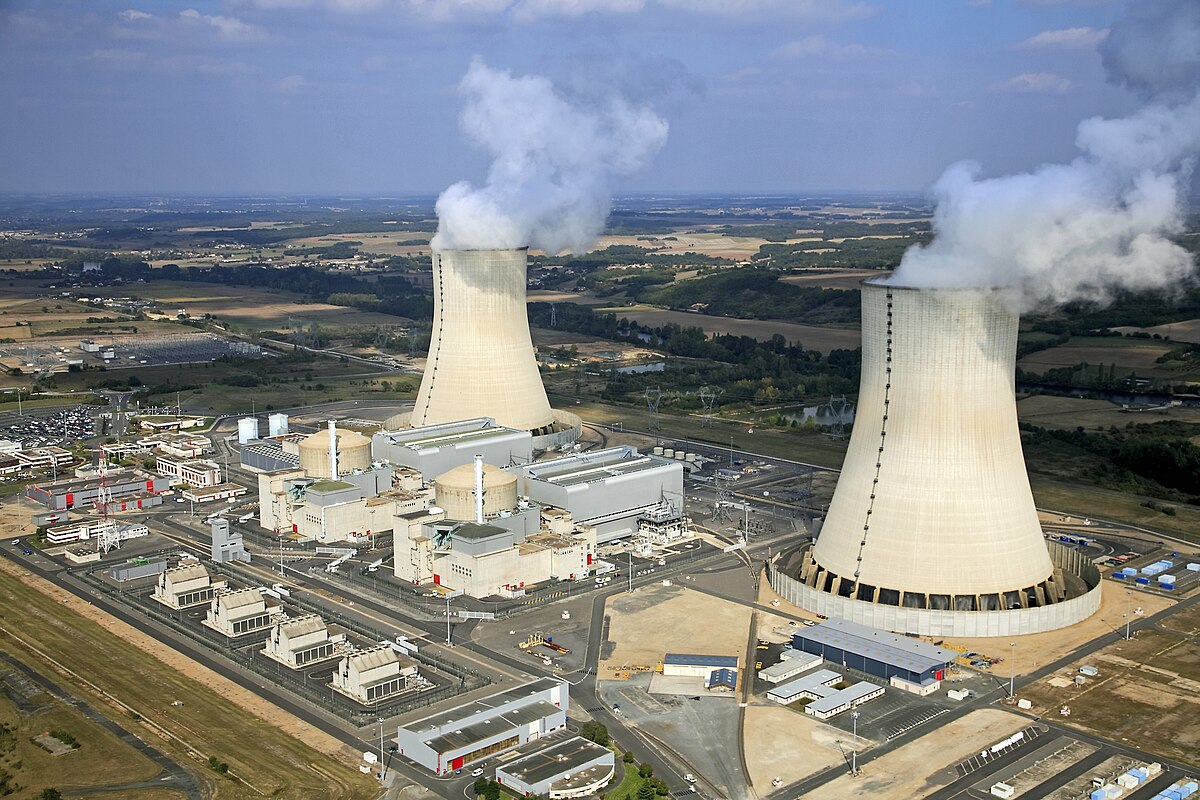
The French government recently agreed to establish monthly "monitoring updates" regarding the progress on maintenance works and the availability of reactors, the official said. The aim would be to give market operators more transparent, accessible information on the state of the reactors, he added. "We are currently working on putting the fleet under supervision,” he said, in order to “ensure that gradually we return to availability levels in line with best international practices."
In addition to making sure there is sufficient energy for the winter, the rein prices in the country, which have risen to record levels in face of growing concerns about a power shortage, he noted.
Earlier in July, the French government, which already owns 84% of EDF, said it would take full control of the company through a buyout deal worth €9.7 billion ($9.83bn) to help fund investments to repair existing reactors and build new ones.
French regulator Autorité de Sûreté Nucléaire (ASN) on 26 July issued a statement on the control strategy proposed by EDF with regard to the stress corrosion (SCC) affecting its reactors. ASN said it considers that EDF's strategy is appropriate given the knowledge acquired on the phenomenon and the associated safety issues.
Since the discovery, at the end of 2021, of cracking by due to corrosion at unit 1 of the Civaux NPP, EDF has carried out numerous works to better understand the phenomenon and to identify the zones concerned. These investigations involved almost 70 laboratory assessments of welds taken from eight reactors. ASN said these appraisals and the analyses carried out by EDF were essential to support its control strategy. “They made it possible to identify the geometry of the pipes and the thermomechanical constraints to which they are subjected as the main factors likely to influence the onset of corrosion. EDF identifies as being the most sensitive:
- the lines of the safety injection circuit (RIS) located in the cold leg and the suction lines of the shutdown reactor cooling circuit of the four N4 series reactors;
- the lines of the RIS injection circuit located in the cold leg of the P'4 series reactors.
ASN said, based on the knowledge available, the reactors of the P4 and 900MWe series appear to be little or very little sensitive to the corrosion phenomenon.
EDF plans to inspect all reactors by 2025, prioritising inspection of the most sensitive areas of the N4 and P'4 reactors. Checks will be carried out on the reactors with a new non-destructive ultrasonic testing process. This process was developed to reliably detect corrosion cracks and to be able to estimate their depth. “The results currently obtained by EDF, after six months of development, are encouraging, and should make it possible to mobilise this new means of control from the second part of 2022,” ASN noted. However, with regard to reactor 2 of the Belleville NPP, ASN considers that the inspection of this reactor scheduled for 2024 is too late.
ASN considers that knowledge of the corrosion phenomenon is still evolving and that the inspection programme will have to be adapted if the inspections or analyses bring to light new elements. ASN is continuing to review the information submitted by EDF. This will be the subject of a presentation in September to the permanent group of experts for nuclear pressure equipment.
Image: The Civaux nuclear power plant (courtesy of EDF)



